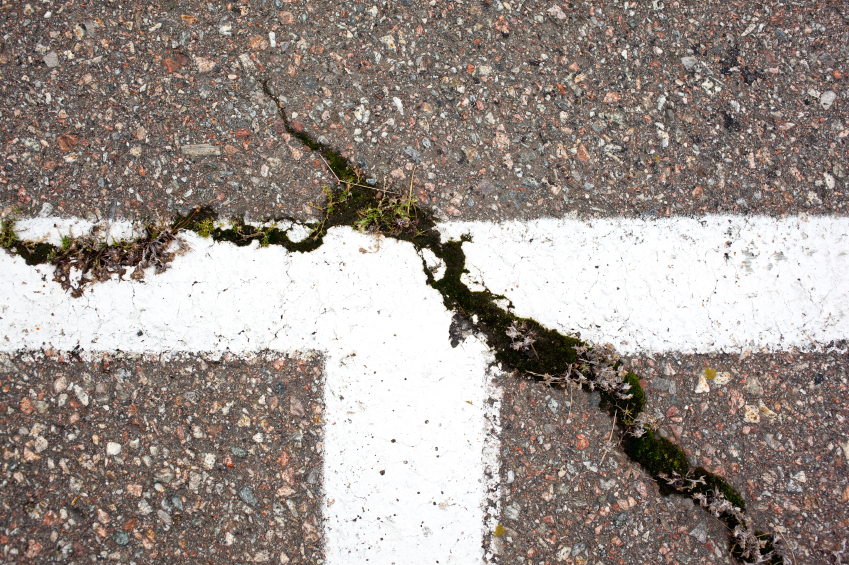Repair vs. Replace: How To Determine What Your Asphalt Surface Needs
 Over time, asphalt can lose integrity. Simply because a driveway or parking lot is showing wear and tear, serious cracking, or standing water does not necessarily mean it needs to be replaced. Not every driveway or parking lot needs to be completely rebuilt from the sub-base up.
Over time, asphalt can lose integrity. Simply because a driveway or parking lot is showing wear and tear, serious cracking, or standing water does not necessarily mean it needs to be replaced. Not every driveway or parking lot needs to be completely rebuilt from the sub-base up.
If the surface has become heavily oxidized but the base remains structurally sound, the property owner can choose to have the area resurfaced (also known as overlaying) with a new layer of asphalt. Resurfacing a driveway or parking lot is a great way to boost curb appeal without investing a lot of money.
How to Determine If Resurfacing Is Right For Your Asphalt Driveway or Parking Lot
Not to be confused with seal coating, resurfacing a driveway or parking lot adds an additional layer of asphalt over the older one. This new layer is generally 1.5 – 2 inches in depth. Resurfacing new asphalt can extend the lifespan and rejuvenate older driveways and parking lots.
The finished results after overlaying an asphalt driveway will only be as good as the existing surface that it is going on. All existing damage to the old pavement—such as cracks, soft spots and holes—will need to be repaired before the resurfacing. Linear cracks (cracks that form nearly straight lines) and those that are less than a quarter-inch wide can be repaired easily with liquid crack-fillers. Cracks that are larger than a quarter-inch wide or that are more than a few inches deep often signal more significant issues; filling in the cracks will only temporarily solve the problem. Any existing cracks that go un-repaired will reflect through the new layer of asphalt.
If an asphalt driveway or parking lot is approaching 20 years of age or if 25-35% of the total surface area is in need of substantial removal due to subgrade or other significant damage, it is generally more economical and effective to completely reconstruct the parking lot. After many years spent in the elements, these surfaces just start to fail. Pavement reconstruction is the process of installing both the subgrade asphalt layer as well as the top pavement overlay layer.
How Long Should An Asphalt Driveway Last?
Asphalt’s longevity depends on three primary factors: the geology of the soil, the installation quality, and the maintenance it receives. Specifically, this can include:
- Weather patterns
- Freeze-thaw cycles
- How many heavy trucks use the pavement in question
- The thickness of the new asphalt layer
- The exact condition of the subgrade prior to resurfacing
When done properly, resurfacing existing asphalt can add an extra 8-15 years to the current driveway or parking lot. However, a newly reconstructed pavement will last anywhere between 20-30 years with proper care and maintenance.
To learn more about how to estimate for your next asphalt project, download Basic Construction’s free guide: Tips for Estimating Your Project Right the First Time or try our Asphalt Calculator tool. For a consultation with one of our asphalt installation experts, contact Basic Construction at (757) 249-3789.


